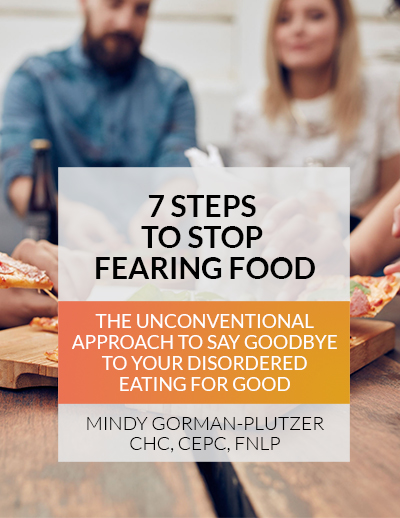In fact, it is quite common for those with eating disorders to experience a relapse. However a relapse shouldn’t signify a failure to recover; instead, it should simply be seen as a normal part of recovery. Most people with eating disorders view relapses as an opportunity to learn from the experience and to improve their skills so they can cope with the relapse next time. But why are relapses so common? How likely is it that you will experience a relapse?
How Likely is a Relapse?
Many people with eating disorders encounter a relapse. However, those who display certain risk factors may be more likely to relapse during the process of recovery. Generally these things will effect how likely t is for someone to experience a relapse:

- The amount of time the person has been living with the eating disorder; the longer the duration of the illness, the higher the chances of relapse
- The age of the person at the onset of their eating disorder; the older the person is at the time of onset, the more likely they are to relapse
- Whether the person has been treated in a general hospital/clinic or a specialized eating disorder clinic; clients who are treated in an eating disorder clinic are much less likely to relapse
- Whether the person carries out excessive exercise, even after recovery is complete
- Whether an increased focus or recurring concern with body shape and weight is present, even after recovery
- Low self-esteem or poor ability to interact with others
- The occurrence of negative and stressful life events
In addition to the above risk factors, there is also evidence that relates to people suffering from Anorexia Nervosa. The following risk factors have been associated with relapse for a person with Anorexia Nervosa:
- Lower per cent body-fat in recently weight-restored women
- Lower desired weight (when a person wishes to be a lower weight even after recovery, there is an increased chance of relapse)
- Consuming an overall diet of lower energy density or a limited variety of foods
Gut Bacteria Imbalance
New findings suggest microbes in the intestinal tract may affect the ‘gut-brain axis’.
This is the biochemical signalling that takes place between the gastrointestinal tract and the nervous system, which plays an important role in healthy brain function. Gut bacteria are involved in this signalling, and so an imbalance in bacteria could affect the brain.
While we’re not able to say a gut bacterial imbalance causes the symptoms of anorexia nervosa, it is certainly worth looking into. After all severe limitation of nutritional intake at the center of anorexia nervosa could change the composition of the gut microbial community. These changes could contribute to the anxiety, depression, and further weight loss of people with the disorder. Additionally, the disruption to the gut microbiome caused by binge/purge behaviors deserve exploration as well.
Experienced a Relapse?
While relapsing may feel like a step backwards, you can still learn from a relapse. It’s important to remain hopeful, even if it feels like you’ve taken a step backwards. If you have experienced a relapse, here are some tips that may help you:
- Remind yourself that relapse is a normal part of recovery
- Try not to focus on the fact that you have relapsed; instead focus on finding your way back to recovery
- Seek help from your clinicians or support network and don’t be afraid to tell them you have relapsed
- Try to identify the triggers that have caused the relapse and consider how you could deal with these triggers next time
- Employ the coping skills and techniques you have learned throughout the recovery process
- Boost your self-esteem by spending time with your support network and/or engaging in activities that you enjoy
The Takeaway
In short, relapses are common. However, they are also a normal part of the recovery process. If you have experienced a relapse, make sure to seek help from a physician.
Interested in learning how to best explore in an effort to experience the vibrant life you desire? If so, I encourage you to check out my website. I offer a variety of programs all dedicated to helping you live a healthier life, from the inside out. My approach is positive and compassionate, my practice is based on the principles of Functional Medicine. Together we’ll take the deep dive into learning WHO you are as an eater, addressing the underlying cause of your symptoms. You’ll learn how to master the skills needed to Live the Change…Be the Change…See the Change.






0 Comments